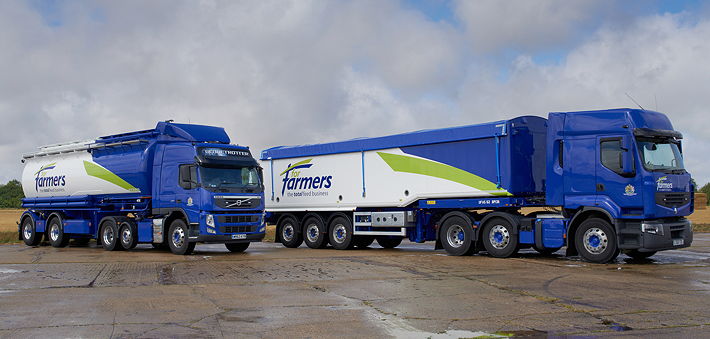The European animal feed company, ForFarmers, is exploring the possibilities of developing soya-free feeds for use in pig production systems, geared to specific, retail concepts.
The company’s pig sector comment is contained in a new statement of its “soya-free” diet ambitions, a research-driven development on which ForFarmers says it is “making progress” in developing animal feed with less, or even no, soya.
“This is in line with our sustainability approach and societal concerns about the environmental impact of certain raw materials,” it said, adding that company research has shown that, in principle, producing soya-free feeds is possible.
“The use of alternative raw materials is required to ensure that animal performance and health is maintained at the same levels, however. Soya-free feeds are currently only being used on a limited scale, therefore, for special, sustainable concepts.”
Commenting that consumers increasingly have a preference for products which are not only affordable, safe and of high quality, but also produced regionally and in a responsible manner, ForFarmers said it was conducting research to develop soya-free or soya-less feeds at an acceptable price and of equal or better performance than conventional feed.
Having already concluded that providing laying hens with a soya-free diet is possible but that doing the same for broilers is a much greater challenge, the company said it was also looking into the possibilities of developing soya-free feeds in pig production systems for specific, retail concepts.
The company said, however, that for the use of soya-free diets to be expanded, a different integral approach would be needed within the total feed chain, taking account of higher feed costs and other disadvantages such as higher phosphate emissions, a larger CO2 footprint and the fact that more land is required to grow the raw materials.
“Therefore, it is not anticipated that soya-free feeds will be produced or used on a large scale in the short term,” it said, adding that the current focus would therefore remain on the responsible sourcing of soya for today’s diets.
“ForFarmers is, however, moving forward with its research to develop feeds which exclude soya and is actively working together with chain partners in the search for solutions to these market concepts,” it said. “The next steps in this research are therefore aimed at mitigating the current disadvantages, as we are determined to continue to find ways to make food production more sustainable.”




